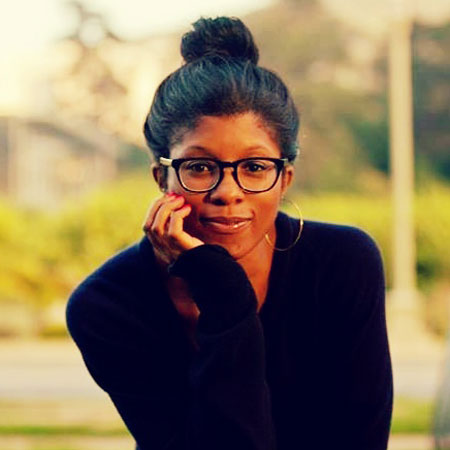In the wake of Sandy Hook, the response from physicians, and pediatricians in particular, was astounding. The tragic deaths moved doctors to address gun violence and its health consequences.
But week after week, as black boys who could be my sons and black men who could be my father, are shot and killed by police, doctors remain silent. As a pediatrician, I'm appalled.
We are watching a public health problem unfold in front of us and we aren't doing anything to stop it.
When someone is involved in a police shooting, they are at risk for injury, disability, and as we've seen, death. But those who witness the trauma may also be affected. And if they are children, that effect may follow them into adulthood.
Public police shootings turn neighborhoods into minefields where African-Americans fear suddenly finding themselves in harm's way. Those who escape the line of fire are then victimized by the ever-present fear of harassment, incarceration, injury or death.
